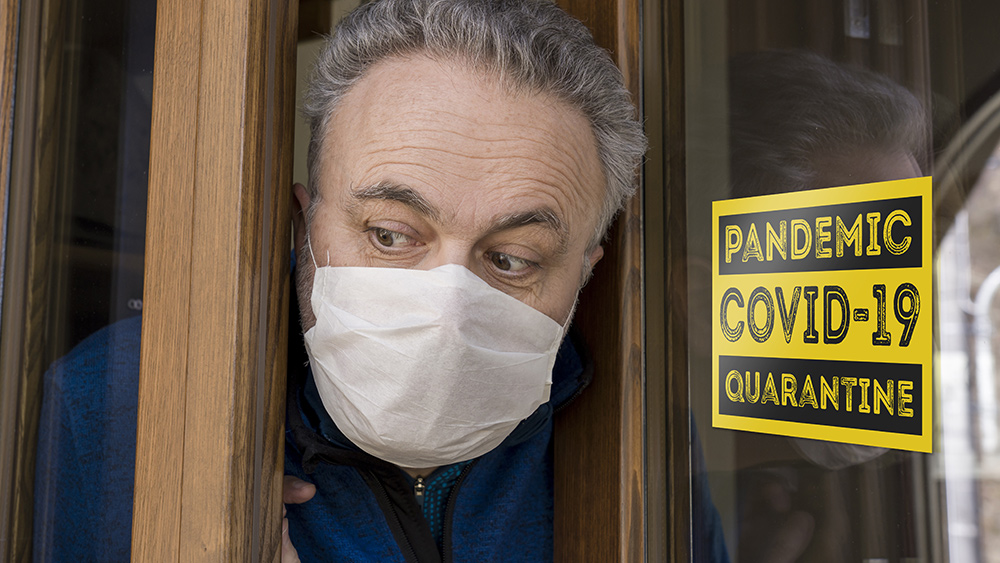
Advertisement
For the inexplicably high number of people who still somehow believe that we shouldn’t be staying home to try to stem the spread of a disease that has taken hundreds of thousands – if not millions – of lives around the world, Sweden is an example to follow. The country has largely resisted a lockdown, earning the praise of those opposed to the measures in the U.S. and other places.
However, those who actually live in Sweden are quick to point out that although there isn’t a mandatory lockdown, they must deal with other situations in which they have no choice – like whether or not their kids should go to school during the pandemic.
Sweden has not instituted a coronavirus lockdown. Instead, they’ve left it up to those living there to decide if they want to practice social distancing and, if so, how to go about it. Shops and schools are open, and people are still packing into sidewalk cafes, although one of the few restrictions there is a limit on crowds set at 50 people – which is significantly higher than most other places in Europe.
Writing for Quillette, Stockholm resident Paulina Neuding said that Sweden is hardly a model of libertarianism. She pointed out just how big its state sector is and how intrusive its social policies are.
She writes: “In reality, Sweden’s response to the pandemic has less to do with freedom and individual responsibility, and more to do with the country’s tradition of consensus and social control.”
She added that the lax approach to coronavirus does not signal a sudden turn in favor of individual freedom.
Neuding said that not only are elementary schools open during the pandemic, but attendance is absolutely mandatory, and homeschooling your children remains illegal there. While children who are sick are allowed to stay home, those not showing any symptoms must attend.
Keeping kids out of the school system there can get your kids taken away from you, and while there haven’t been any reports of that actually happening during the crisis, schools have already been threatening parents whose kids don’t come to school.
In fact, one principal sent a message to parents stating that long periods of inexcusable absence could result in a call to social services. It’s bad news for parents who belong to high-risk groups when it comes to coronavirus who must decide between possibly being exposed to the potentially fatal disease by their child’s school attendance or being reported to authorities for keeping them at home.
Herd immunity experiment that residents can’t opt out of
Sweden appears to be aiming for herd immunity, a very controversial approach that no one can say for sure will even work and might require at least 60 percent of the population to be infected. Yet there’s not a lot of political opposition to it, and scientists who have spoken out about the problems with this strategy have found themselves the subject of vicious character attacks and public rejection.
Just how well is their approach serving their people so far? Their COVID-19 death rate is currently significantly higher than other Nordic countries that are employing greater restrictions. They’ve noted 22 deaths per 100,000 citizens in Sweden, which is more than five times those seen in neighbors Norway at four per 100,000 and three times that of Denmark at seven per 100,000 – despite the fact that all these countries noted their first deaths around the same date.
The people of Sweden appear to have no choice when it comes to whether or not they wish to participate in this grand herd immunity experiment, Neuding points out. Families with school-aged children simply can’t opt out of being part of the herd – where is the individual freedom in that?
Sources for this article include:
Advertisement
Advertisements
















